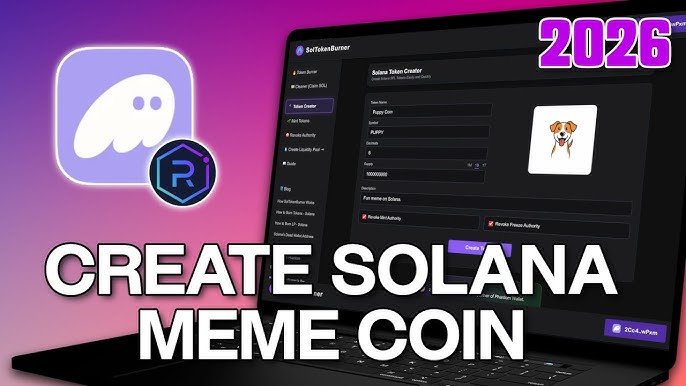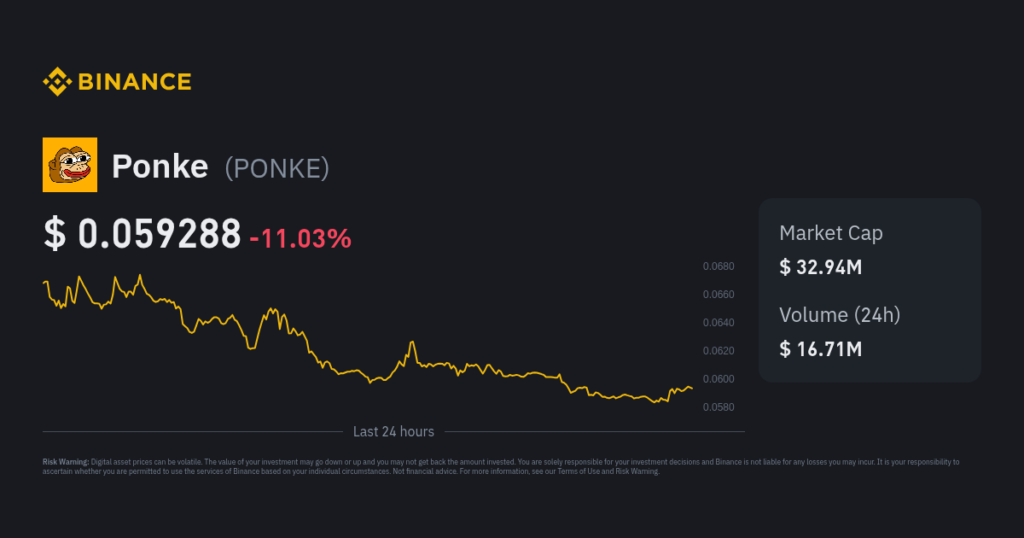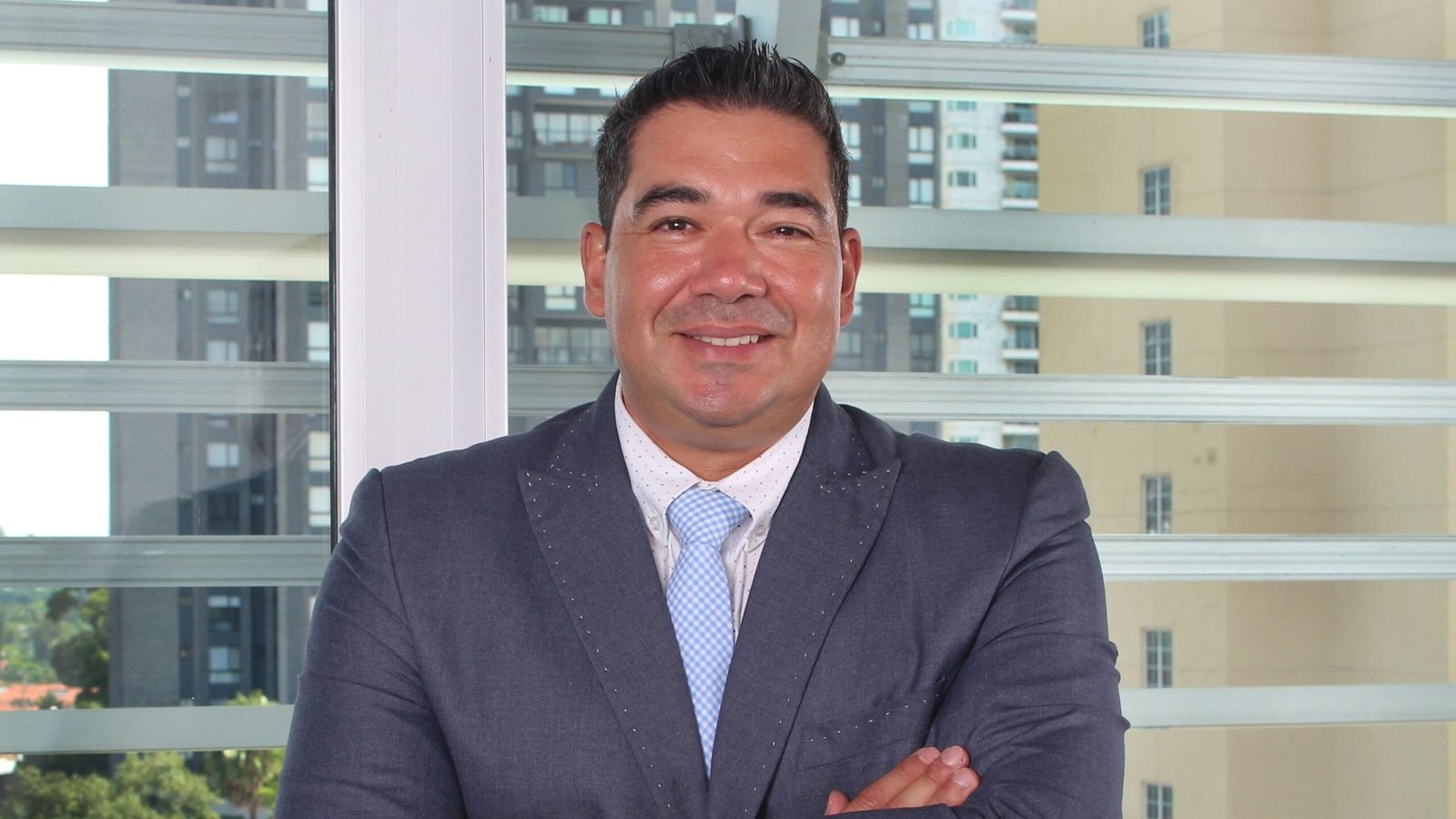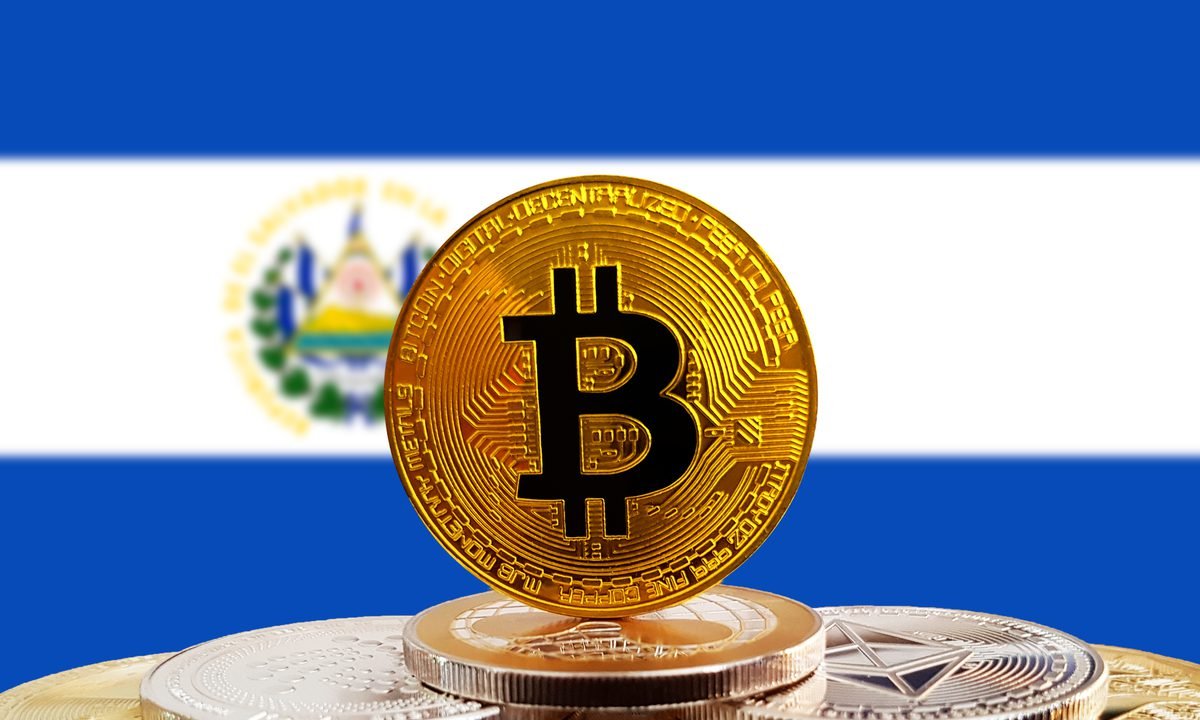Trump saves bitcoin from banks with new order. What does it mean for the industry?
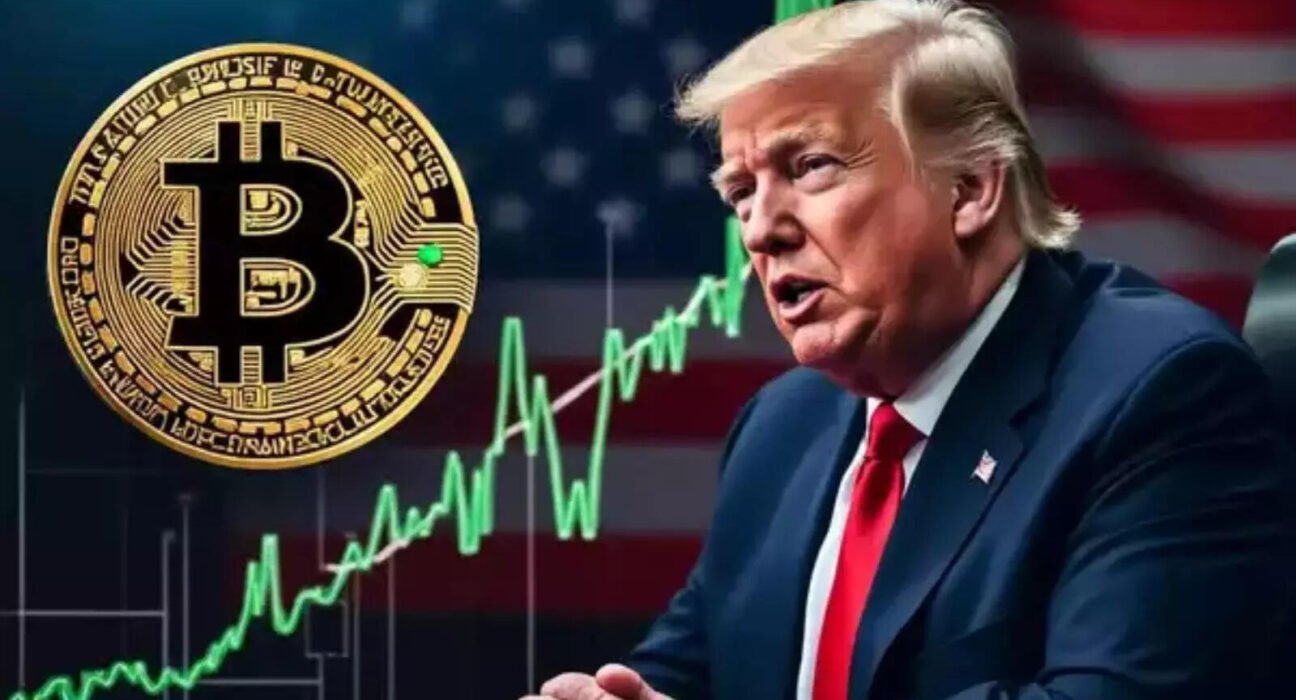
U.S. President Donald Trump signed an executive order on August 7 entitled “Maintaining a Fair Banking System for All Americans.” At first glance, the decree seeks to combat what the White House calls politicized or illegal debanking, a practice in which financial institutions deny services to individuals or companies because of their political, religious beliefs, or for engaging in legal commercial activities, but are disadvantaged by federal regulators.
However, a more in-depth analysis of the text, driven by industry figures such as Caitlin Long, CEO of the private bank Custodia Bank, reveals a much more radical strategy: a restructuring of power that elevates the Federal Small Business Agency (SBA) to a position of super regulator – above traditional banking agencies, such as the Federal Reserve (Fed), the Federal Deposit Insurance Corporation (FDIC) and the Office of the Comptroller of the MOneda (OCC).
The executive order directly addresses allegations that federal regulators pressured banks to discriminate against customers. Explicitly quotes programs such as Operation Chokepoint as proof of systemic bias.
As reported by CryptoNews, Operation Chokepoint or Strangulation Point, initiated in 2013 by the U.S. Department of Justice. The U.S. sought to combat fraud in high-risk industries such as payday loans and arms dealers. However, the community and cryptocurrency industry denounced a modern version, known as Chokepoint 2.0, claiming that it was an undercover operation aimed at restricting digital asset companies’ access to the traditional banking system.
The Hidden Jewel of the Executive Order
In the executive order signed by Trump, Caitlin Long highlights a hidden jewel. She points out that it is not the what, but the how.
“It shows that the White House understands that it cannot trust federal banking regulators,” Long said. He hired a supervisor to ensure his honesty.
That supervisor, according to the order, is the SBA. “This says a lot,” Long continued. The President understands that the abuses of power that led to debanking (discarization) are deeply rooted in the agencies. Long supports his argument by pointing to the political contributions of Fed and FDIC staff, who are overwhelmingly leaning toward the Democratic Party, where anti-bitcoin and cryptocurrency politicians abound.
The choice of the SBA, an agency that is not traditionally a top-tier banking regulator, is seen as a tactically creative move. That’s what Section 4 of Trump’s executive order says. It gives the SBA the explicit authority to require financial institutions to identify and reinstate customers who were denied services due to actions of politicized debanking.
Section 4 of the implementing order states that the SBA has the responsibility to notify financial institutions under its jurisdiction, within 60 days, so that, within 120 days, they identify and reinstate customers and potential clients who were victims of politicized or illegal removal. This includes both general financial services and payment processing services.
The order seeks to ensure that these institutions take corrective measures to restore access to banking services to those who were unfairly excluded for reasons not related to objective financial risks. From now on, any bank that violates these laws could face financial sanctions or other disciplinary measures.
The White House does not trust the three federal banking agencies (FDIC, FED and OCC) to clean up their own homes. But the SBA has jurisdiction, so it is inserted as a super regulator above the other 3. Tactically, it’s a creative movement. The President is serious.
Caitlin Long, bitcoiner and founder of Custody Bank.

An order to protect activities with bitcoin
The key appointment that underscores this intention is that of Kelly Loeffler, a well-known Bitcoin supporter who will now lead the SBA. “Yes, the White House has just given a bitcoiner this task,” Long exclaimed, highlighting the huge signal this sends to industries that have felt persecuted by the traditional financial system, such as digital assets.
The executive order broadly defines politicized or illegal debanking, without explicitly mentioning the bitcoin and cryptocurrency industry. However, the key language is focused on protecting legal commercial activities. According to Long, the banks that refused to serve or canceled the accounts of bitcoin legal companies are in the spotlight.

However, not everyone believes in the so-called Operation Chokepoint, which has not ceased to be a subject of political debate among conservatives when they criticise regulatory agencies. “They present it as a campaign by Democrats to abuse their power by attacking conservatives,” said Dru Stevenson, a law professor at the South Texas Law School, who has studied the issue. “It’s more of a myth than a reality,” he said, according to American media.
According to a CryptoNews report, official documents revealed how Operation Chokepoint, known for its anti-bitcoin stance, was imposed on U.S. banks. Caitlin Long, whose company, Custody Bank, suffered the closure of accounts by five different banks despite an unblemished compliance record, is confident that Trump’s executive order will prove favorable results.
A good litter test to measure the success of this Executive Order is if the 5 banks that canceled Custody Bank reinstate us… If they reinstate us, then the Executive Order succeeded.
Caitlin Long, bitcoiner and founder of Custody Bank.
Long’s comment shows that as the Trump administration implements this new directive, the financial industry watches closely. The move is a fundamental reorganization that could trigger an unprecedented power struggle between a newly empowered agency and Washington’s entrenched regulatory establishment. Or definitely, it could drive a new relationship between banks and the bitcoin and cryptocurrency industry in the United States.




